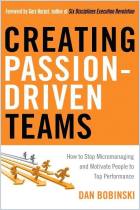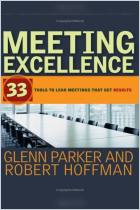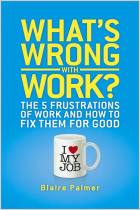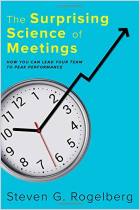Fredmund Malik, an Austrian management expert, eviscerates much of common practice in large corporations without seeming angry, just a bit cantankerous. Malik’s take on meetings? Get rid of them. Performance reviews? Twaddle. Managers’ pep talks aimed at building enthusiasm? Don’t waste your time. Malik pokes holes in conventional wisdom and offers actionable, commonsense alternatives. Managers who’d like to rethink ordinary practices will relish his guide. The original edition, published in German, is a management classic.
Too often, managers emphasize workers’ weaknesses. To be an effective manager, focus on employees’ strengths.
Too often, managers emphasize workers’ weaknesses. Human resources managers identify weaknesses that lead to mistakes and subpar performance, and teach workers to overcome them. Weaknesses are easy to find but hard to eliminate. To be an effective manager, stop complaining about employees’ shortcomings and trying to fix their flaws. Focus on their strengths. Assign people to tasks they’re good at, and they’ll do a great job. Few people are multitalented. The greats of music, the arts and athletics had talent primarily in one arena.
An effective boss identifies employees’ weaknesses only in order to assess what sort of assignments to avoid. Find a worker’s wheelhouse, and keep the employee focused on tasks in that zone of excellence. A track coach wouldn’t put a slow runner in a sprint or a sprinter in a long-distance slog. The coach assesses each athlete’s strengths and weaknesses, steers the athlete toward a suitable event and provides training. Direct your staffers toward...


















Comment on this summary or 开始讨论